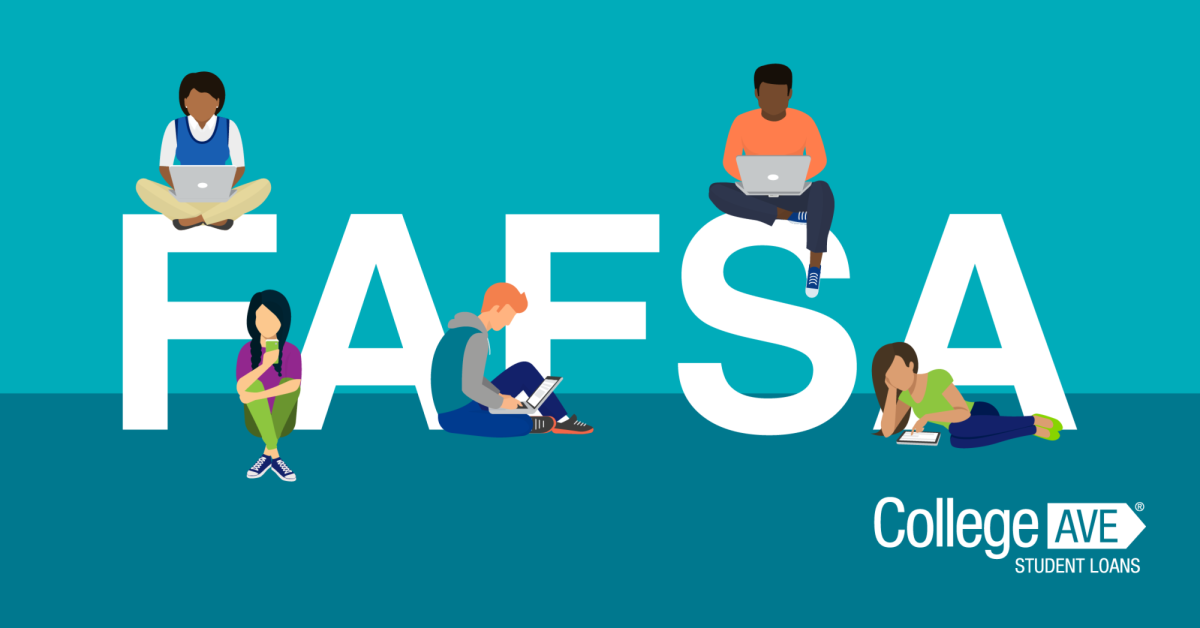During the past few years, educational budget cuts have been a predominant issue, yet students and parents seem to have no idea of the repercussions that these cuts will have on the future of education. Hate to break it to you students, but budget cuts will affect you. Last year, the following classes were eliminated: choir, family & consumer science, woodshop, computers & business, and theater.
In addition, class sizes were drastically increased, allowing for less individual time per student. “Younger students won’t have the same opportunities,” said senior Johnny Chan.
The projected budget cut amount for the 2011-2012 school year has been estimated to be approximately 400 million dollars. This will affect class size and education quality in addition to available classes. Spring Valley High School alone will most likely cut the French program, Life Strategies program, an art class, and the College & Career Center due to lack of counselors, to mention only a few of the cuts.
Despite the fact that seniors will be out of high school, those attending state colleges such as UNLV will be affected as well. Due to decreased funding, UNLV has been forced to cut many of its programs and increase class sizes, in some cases by 50 percent. Larger class sizes and decreased majors are preventing students from receiving the individual attention critical to their academic success, as well as forcing low income students to look elsewhere for higher education due to increased student fees and the plateau of aid being received during the last two to four years.
Sophomore Morgan Meivridis commented that the lack of funding for education is “depressing.”
Principal Gerye agrees. “The parents and kids don’t have a history of kicking and screaming when cuts are made to education,” he said.
Should you be kicking and screaming though? According to the Chief Financial Officer of the Clark County School District, Jeff Weiler, education has always dominated at least a third of the state’s budget. It’s not just the schools that are broke; the state is broke. Despite the decrease of funds allocated towards education in Nevada from 38.8% to 37.8%, the real problem is the lack of funds.
“I haven’t been impressed by the education here in Nevada. They always cut from education first when they have all these other resources,” said Wayne Dyer, father of SVHS football player Michael Dyer. This is the true issue at hand: looking into alternative moneymakers for education. Schools are not authorized to independently raise money, so funds for education are limited to money from the general fund. Several ideas such as a state lottery or taxing the gaming industry have evoked public interest, but neither seems promising. A state lottery is against the Nevada constitution, and would likely take years to amend. Plus, Weiler insinuated that states often sell lotteries on education and then divert the money elsewhere.
The second “saving grace” idea is a gaming tax, but many of the casinos are prominent financial sponsors of those running for office, and “they’re [Nevada officials and legislators] are playing a game of chicken,” said Weiler. No one wants to be the first to propose a gaming tax, and those considering it are fearful that it would further depress our already failing economy. It seems as if there is no solution, but Weiler believes that there may be money in mining taxes. However, Sandoval’s “no tax” platform is a major obstacle in raising and reallocating funding for education.
“The state doesn’t have the funds to put into education, but the state isn’t willing to look into alternative revenue sources,” said Principal Gerye. A prospective idea is a property tax, which many parents such as Channette Overcast and Wayne Dyer would be more than willing to pay. The issue with forming or raising taxes is that the majority of Las Vegas residents do not have children in school. Thus, most of them would not vote or support a tax for education.
Not only do Nevada residents without children in school lack initiative to support education, but many parents lack initiative as well.
“I definitely don’t think Nevada values education. They’re going to be the people holding jobs and contributing to our community. We should invest in them because investing in them is investing in our future,” said Channette Overcast passionately.
Due to their parents’ lack of value for education, many students fail to value education as well. Junior Francisco Martinez finds it difficult to be interested in class because of the “crowding” and lack of information that he considers relevant, such as how history applies to current events. Decreasing electives and classes only causes students like Martinez to become further disinterested in academics due to education’s failure to culminate their interests and appeal to different students’ talents.
The lack of emphasis on education in Nevada is greatly affected by the abundance of job opportunities for people without higher education by casinos. Due to today’s economic recession, the so-called abundance of casino job opportunities is far less prominent than while the economy was still on the rise, but it’s still just a “supply and demand thing” as Weiler said.
“It doesn’t take a college degree to clear a buffet table, and there are a lot of buffet tables to be cleared,” said Mr. Gerye.
“It just comes down to funding priorities,” said Weiler. In my opinion and in that of many parents and students throughout Nevada, education should be a top priority; and it’s not going to become one unless people start ‘kicking and screaming.’ Take a stand against budget cuts, because as Katy Perry sings, it’s time to “put your money where your mouth is, because that’s what you get when you speak up in Vegas.”





